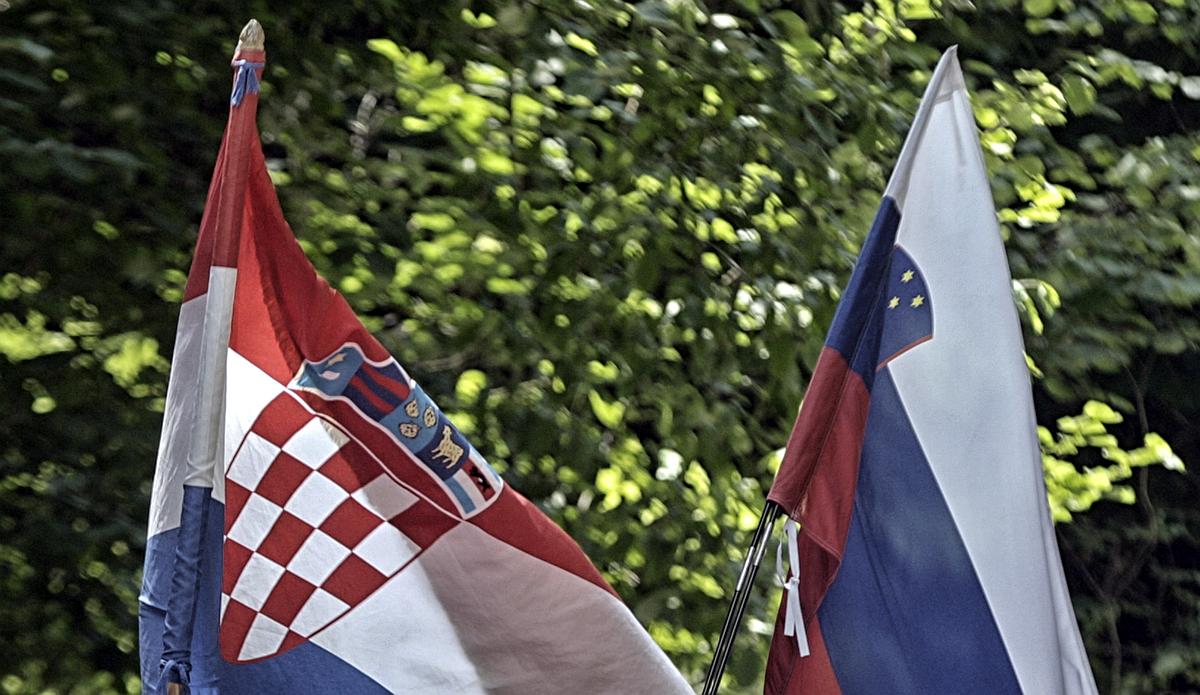
The ruling will be presented between 2 and 4 p.m. by the chair of the Arbitration Tribunal Gilbert Guillaume.
In accordance with Arbitration Agreement signed in Stockholm back in 2009, the tribunal will decide on the border between both countries both on land and at the sea, as well as determine Slovenia’s territorial access to international waters and the regime on the proper use of various maritime zones.
The border must be defined based on the “rules and the principles of international law,” while for the issue of territorial access and the use of maritime areas, the principles of “justice and neighborly relations” must be considered to reach “a fair and just decision.”
Croatia insists that the arbitration process is dead because of an eavesdropping incident that, according to Croatia, damaged the integrity of the process to such an extent that the country can no longer participate in it. In 2015, Croatian media and political sources leaked wiretapped conversations between the Slovenian arbitration judge Jernej Sekolec and the Slovenian agent Simona Drenik. Someone had wiretapped their telephone conversation on November 5, 2014, on January 11, 2015, and possibly on other occasions as well. The contents of the conversations revealed that Slovenia had violated the arbitration agreement. The Arbitration Tribunal later decided that it could still make an independent and impartial decision. Croatia’s decision to withdraw from the process was criticized by the European Commission. The speech by Germany’s political representative at the Brdo Process gathering indicates that the EU’s most populous country is also expecting international law to be respected. The National Investigations Bureau has filed a criminal complaint regarding the incident, which it expanded with additional findings earlier this year.
“As we have pledged, Slovenia will abide by the decision of the Arbitration Tribunal, and I expect Croatia to do the same,” said Prime Minister Miro Cerar in response to the announcement made in The Hague.
A. K. K., Al. Ma.; Translated by J. B.

































































